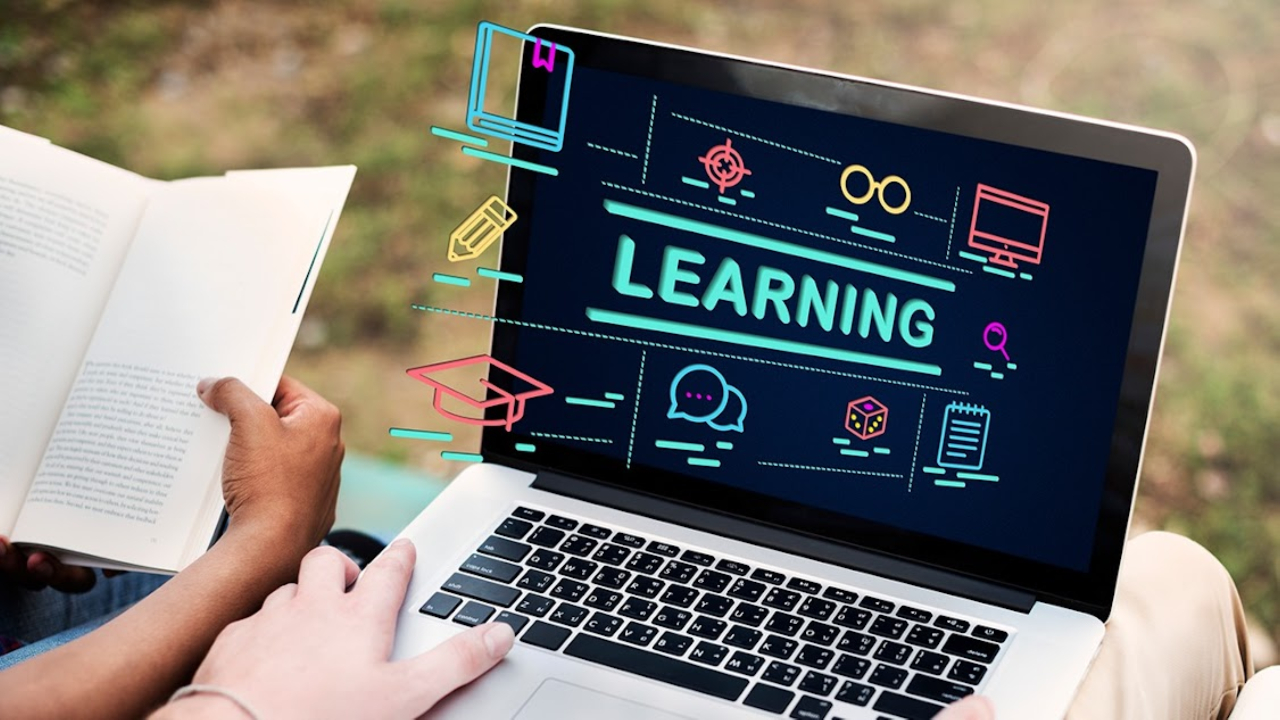
Learning and acquiring knowledge are significantly transformed in today's rapidly changing world. Technology shapes this evolution, mainly through Learning Management Systems (LMSs). These platforms have become central to modern education and training, offering a range of features and functionalities that cater to diverse learning needs. In this blog, we will explore how LMSs are adapting to address the needs of learners and educators and what the future holds for this essential technology.
Personalization and Adaptive Learning
One of the most prominent trends in the evolution of LMSs is the focus on personalization and adaptive learning. Traditional one-size-fits-all approaches to education must be updated, as learners have different backgrounds, learning styles, and paces of understanding. Modern learning management system in education leverage data analytics and artificial intelligence (AI) algorithms to build personalized learning paths for each student. These systems analyze learners' performance, preferences, and progress to deliver tailored content, assessments, and recommendations. Adaptive learning algorithms adjust the difficulty level of materials based on individual mastery, ensuring an optimal learning experience for every student.
Mobile Learning and Microlearning
The rapid increase of smartphones and tablets has led to a surge in mobile learning, and LMSs are evolving to support this trend. Mobile-friendly interfaces, responsive design, and dedicated apps enable learners to access educational content anytime. Moreover, microlearning—a strategy that delivers bite-sized, focused learning modules—is gaining traction within LMSs. Microlearning allows for quick information consumption, enhances retention, and fits well with busy schedules. Future LMSs are expected to integrate mobile learning capabilities further, making education more accessible and convenient for learners.
Gamification and Engagement
Engagement is essential in any learning journey, and LMSs are incorporating gamification elements to enhance user participation and motivation. Gamified features such as badges, leaderboards, quizzes, and rewards create a more interactive and immersive learning environment. By introducing game-like mechanics, e learning management system can increase learner engagement, boost completion rates, and foster a sense of achievement. The future of LMSs will likely see continued innovations in gamification, including advanced simulations, virtual reality experiences, and collaborative gameplay for educational purposes.
Integration of Multimedia and Interactive Content
Modern learners are accustomed to multimedia-rich content, including videos, animations, simulations, and interactive modules. LMSs are evolving to accommodate these preferences by supporting various multimedia formats. Integration with external content creation tools, video platforms, and interactive widgets allows educators to design engaging and dynamic learning materials. The future direction of LMS development will emphasize the seamless integration of multimedia elements, enabling a more interactive and immersive learning experience for students.
Social Learning and Collaboration
Collaboration and peer-to-peer interaction are crucial components of effective learning. LMSs incorporate social learning features like discussion forums, group projects, live chats, and collaborative workspaces. These tools facilitate knowledge sharing, teamwork, and community building among learners. Integrating social media platforms and communication tools also enables seamless interaction and networking. The future evolution of LMSs will prioritize enhanced social learning capabilities, fostering collaboration and engagement among learners across different locations and time zones.
Data Analytics and Learning Insights
Data-driven decision-making is becoming increasingly important in education, and LMSs are at the forefront of collecting and analyzing learning data. Advanced analytics tools provide valuable insights into learner behaviour, performance trends, content effectiveness, and course outcomes. Educators can use these insights to tailor instruction, identify at-risk students, measure learning outcomes, and continuously improve their courses. Future LMSs will leverage predictive analytics, machine learning algorithms, and real-time dashboards to deliver actionable learning insights and support evidence-based teaching practices.
Accessibility and Inclusivity
Ensuring accessibility and inclusivity is a priority for modern education, and learning management systems for education are evolving to accommodate diverse learner needs. Certain features such as screen reader compatibility, keyboard navigation, closed captioning, and alternative text descriptions make educational content accessible to students with disabilities. Moreover, LMSs are addressing language barriers by supporting multilingual interfaces and translation tools. The future of LMS development will focus on enhancing accessibility standards, promoting inclusivity, and providing equitable learning opportunities for all learners.
Cybersecurity and Data Privacy
Data and cyber security have become the main distress these days as LMSs collect and store sensitive learner data. Future LMSs will prioritize robust security measures, encryption protocols, user authentication mechanisms, and data protection policies. Complaisance with data privacy regulations such as California Consumer Privacy Act and General Data Protection Regulation will be integral to LMS development and deployment. Educators and administrators must prioritize cybersecurity awareness, training, and best practices to safeguard learner information and maintain trust in online learning environments.
Conclusion
The evolution of Learning Management Systems reflects the dynamic nature of education and the shifting needs of learners and educators. From personalization and adaptive learning to mobile accessibility, gamification, social collaboration, data analytics, accessibility, and cybersecurity, LMSs are continually evolving to enhance the learning experience. The future holds exciting possibilities for LMS development, driven by technological advancements, pedagogical innovations, and a commitment to creating inclusive and engaging learning environments. As we embrace the future of learning, LMSs will play a central role in shaping the educational landscape and empowering learners worldwide.
